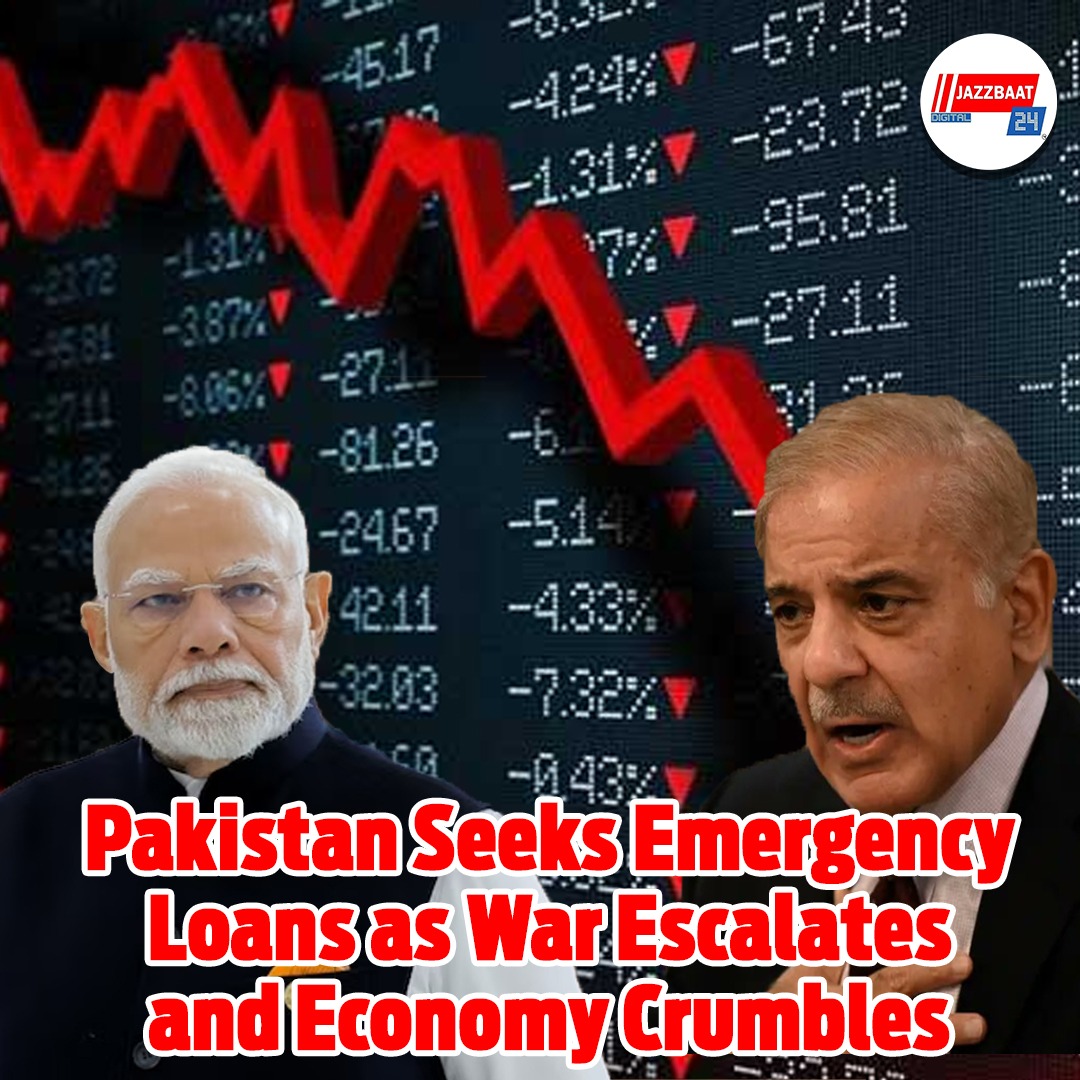
During the ongoing war crisis and deepening economic meltdown, Pakistan is in dire need of bailout loans from the international community like the International Monetary Fund (IMF), Asian Development Bank (ADB), China, and Turkey.
Fiscal desperation of the government has further escalated after India's retaliatory Operation Sindoor that has caused suspension of trade, Indus Waters Treaty, and diplomatic ties-additional pressures on Pakistan's already faltering economy.
IMF has decided to proceed with a $2.3 billion package for Pakistan, of which a $1.3 billion Resilience and Sustainability Facility (RSF) will be used for climate financing, on India's request for the loan program to be put on hold. Apart from this, a total of $1.1 billion is to be paid in an upfront tranche under a former $3 billion deal, but experts warn that the funds are a temporary palliative and that the country needs drastic structural reforms in good earnest.
Pakistani foreign reserves are still dangerously low, at about $8 billion, just sufficient to finance a couple of weeks' worth of imports.
Inflation, which hit 38% last year, has eased but continues to be a lingering danger, particularly because war threats can send prices wildly higher and further deplete the GDP. The country has more than $22 billion of foreign debt falling due for payment in 2025 alone, and its total foreign debt now stands at more than $130 billion.
Experts caution that Pakistan's strategy of now taking fresh loans to pay off old debt-can't be sustained. Short of revolutionary measures to broaden the tax base, boost exports, and create jobs, the economy's reliance on bailout loans will only fuel the crisis.
With the world's eyes on it, international lenders and agencies intently watching, Pakistan's political and economic stability is at a critical point, and its ability to absorb more shocks is in question.